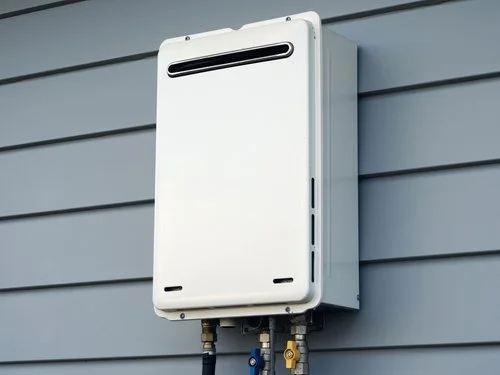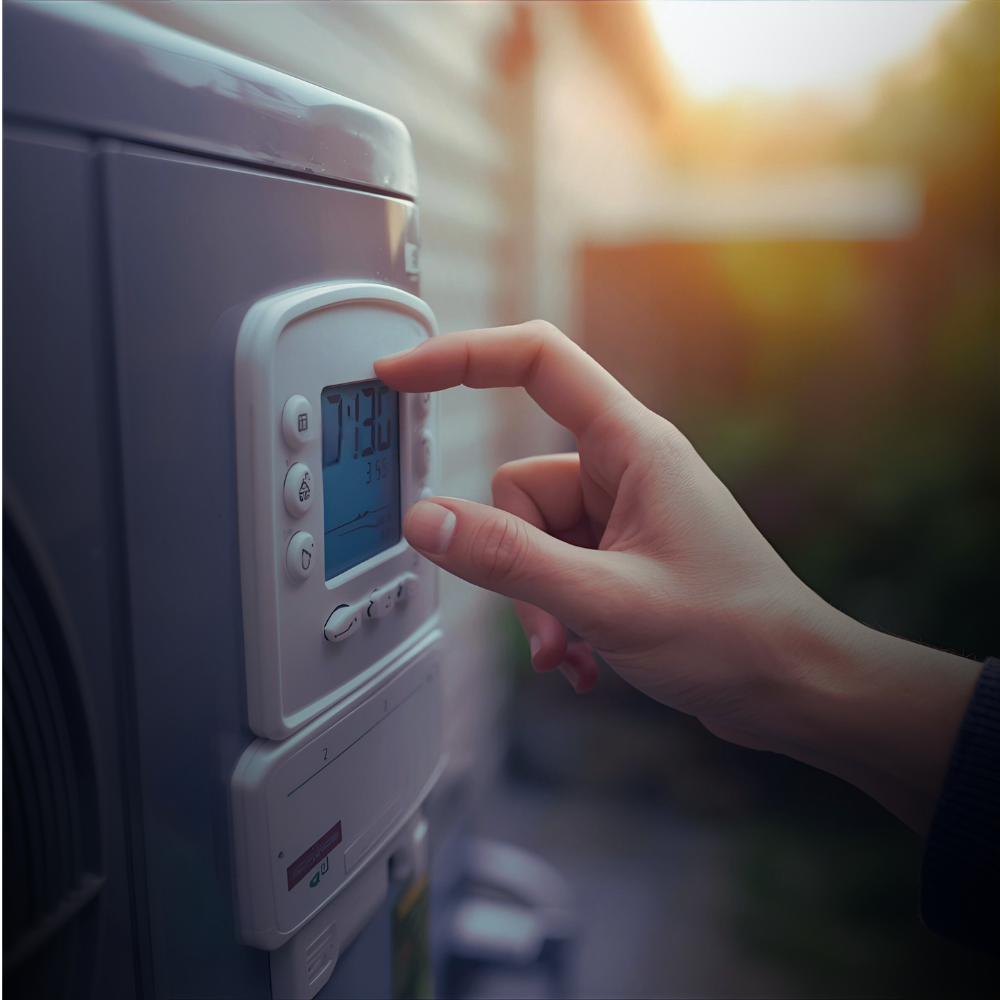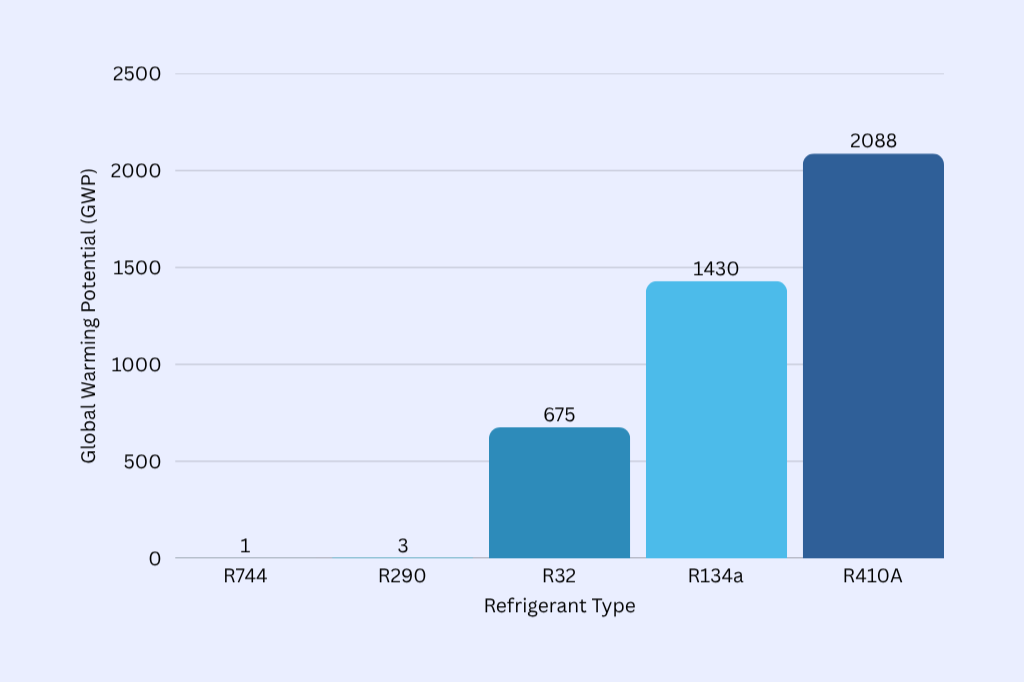Hot water systems vs Heat Pump Hot Water systems: What’s the difference?
For most families, hot water is something we rarely think about—until the shower runs cold. When it comes time to replace an old unit, many households simply swap in the same type they had before.
But with new technology now widely available, it’s worth asking: should you choose a standard hot water system or upgrade to a heat pump?
Here’s a simple guide to help you understand the differences, so you can make the best choice for your home.
Traditional Hot Water Systems
There are two main types most households are familiar with:
Electric Storage Systems
These work like an oversized kettle. An electric element inside the tank heats water and keeps it hot until you need it.
They’re simple and reliable, but also very energy-hungry.
For every unit of electricity they use, you get one unit of heat—no more, no less.
Gas Systems
These can be storage tanks or instantaneous “continuous flow” units.
They burn natural gas to heat water, producing carbon emissions in the process and much of the heat is lost into the air.
Gas systems often have lower running costs than electric storage but can’t compete with the efficiency of modern alternatives.
Heat Pump Hot Water Systems
Heat pumps are sometimes called “air-source hot water systems” because they use the warmth in the air around your home to heat water.
Instead of burning fuel or running a large electric element, they move existing heat using a small amount of electricity.
Source: Department of Resources, Energy and Tourism
How they work (in plain English):
A fan pulls in air.
A special fluid (refrigerant) absorbs the air’s heat.
A compressor makes that heat even hotter.
The heat is transferred into your water tank.
The result? You get three to five units of heat energy for every one unit of electricity used.
That’s like getting most of your hot water for free, straight from the air!
Key differences at a glance
| Feature | Traditional Electric (“Resistive”)/Gas | Heat Pump Hot Water |
|---|---|---|
| Efficiency | Electric COP ~1.0, Gas slightly better | COP 3–5 (up to 5x more efficient) |
| Running Costs | Higher | Up to 70% lower |
| Emissions | Gas produces carbon directly, electric depends on what emissions the grid is producing at the time it is used. | Much lower, even more with rooftop solar |
| Upfront Cost | Cheaper ($1,800–$2,500) | Higher ($2,500–$5,500) |
| Installation | Simple, familiar | Needs ventilation, placement matters |
| Lifespan | 8–12 years | 10–15 years (with good maintenance) |
Why Consider a Heat Pump?
Lower bills – They use up to 78% less energy than traditional electric systems .
Got Solar? – if you already have solar panels, heat pumps can make use of that power generation making Heat Pumps + Solar panels an force multiplier to your home efficiency and your wallet.
Cleaner and greener – Less gas or coal powered energy use means fewer emissions.
Future-proof – With gas prices predicted to rise 19% in the coming years and rebates available, heat pumps are becoming the standard choice for new and replacement systems.
When a traditional system might still suit
Budget limits – If the lowest upfront price is your main priority, a gas or electric resistive system can still be cheaper to install.
Short-term home plans – If you’re moving in a year or two, you may not see the full bill savings of a heat pump.
Space restrictions – Heat pumps need good airflow, so they’re not ideal for tight indoor cupboards.
Size - If you’re in a small apartment and have a ~100L capacity tank, there are no comparative size hot water heat pumps on the market today.
Rebates make the switch easier
In Victoria, programs like the Solar Victoria Hot Water Rebate and the Victorian Energy Upgrades scheme can cut the upfront cost of a heat pump by up to $1,000 or more for selected Australian made units. Many installers apply the rebate directly, making the process simple for homeowners.
The bottom line
Traditional hot water systems get the job done—but they cost more to run and produce higher emissions. Heat pump hot water systems, on the other hand, are energy-efficient, climate-friendly, and cheaper in the long run.
If you’re replacing a system and plan to stay in your home for a few years, a heat pump could be one of the smartest upgrades you make. Pair it with rooftop solar and your hot water could cost next to nothing.











